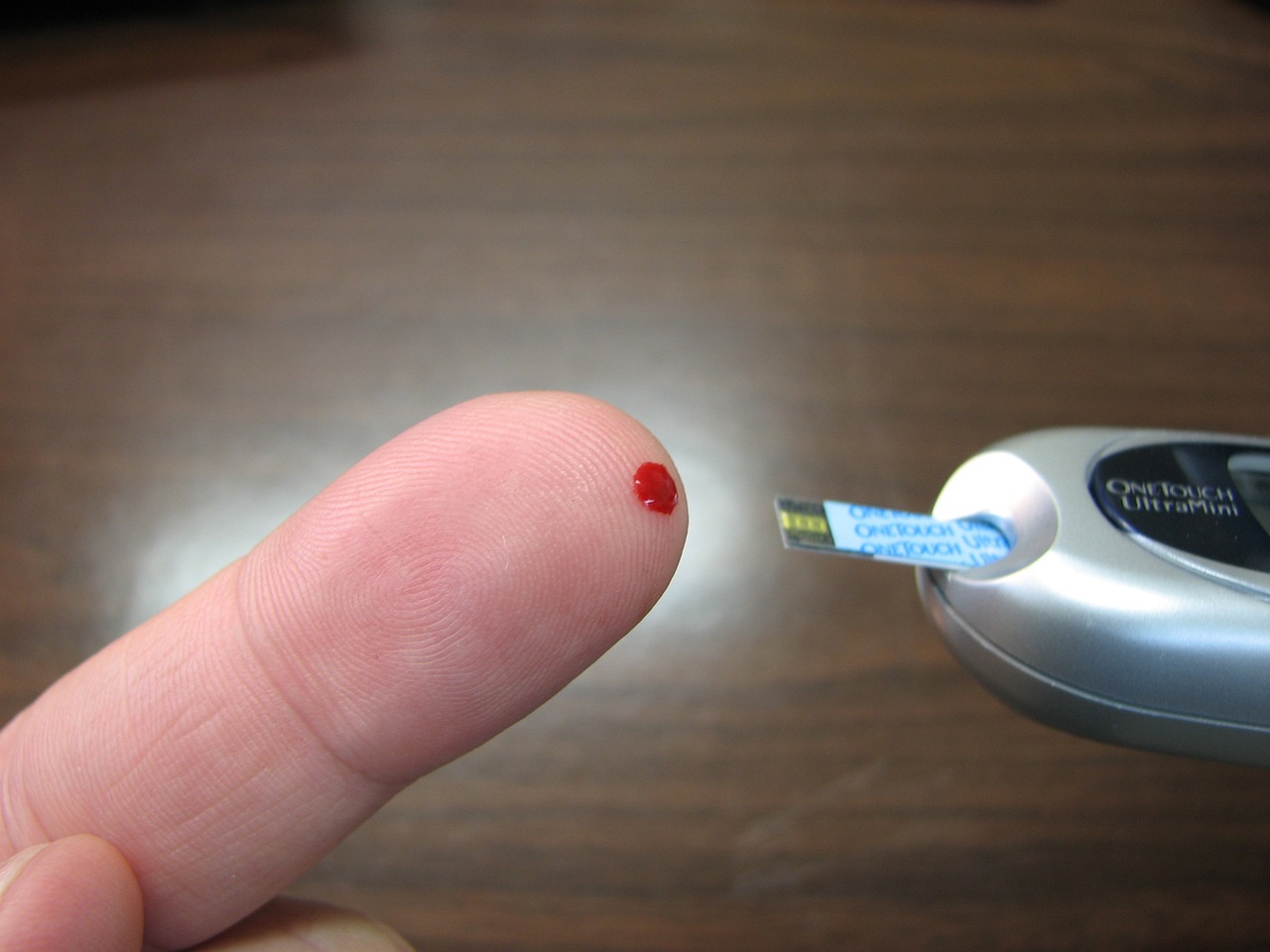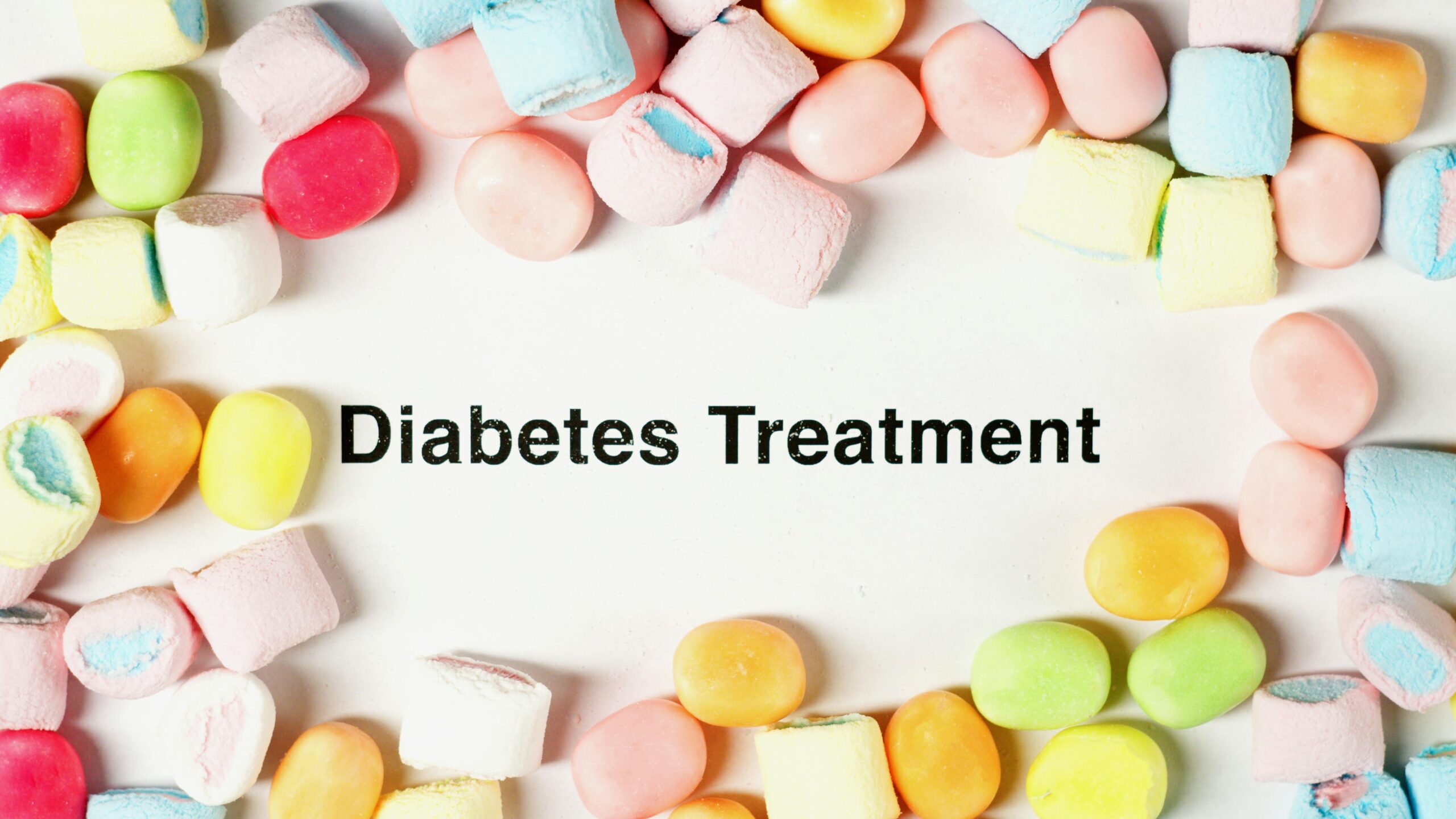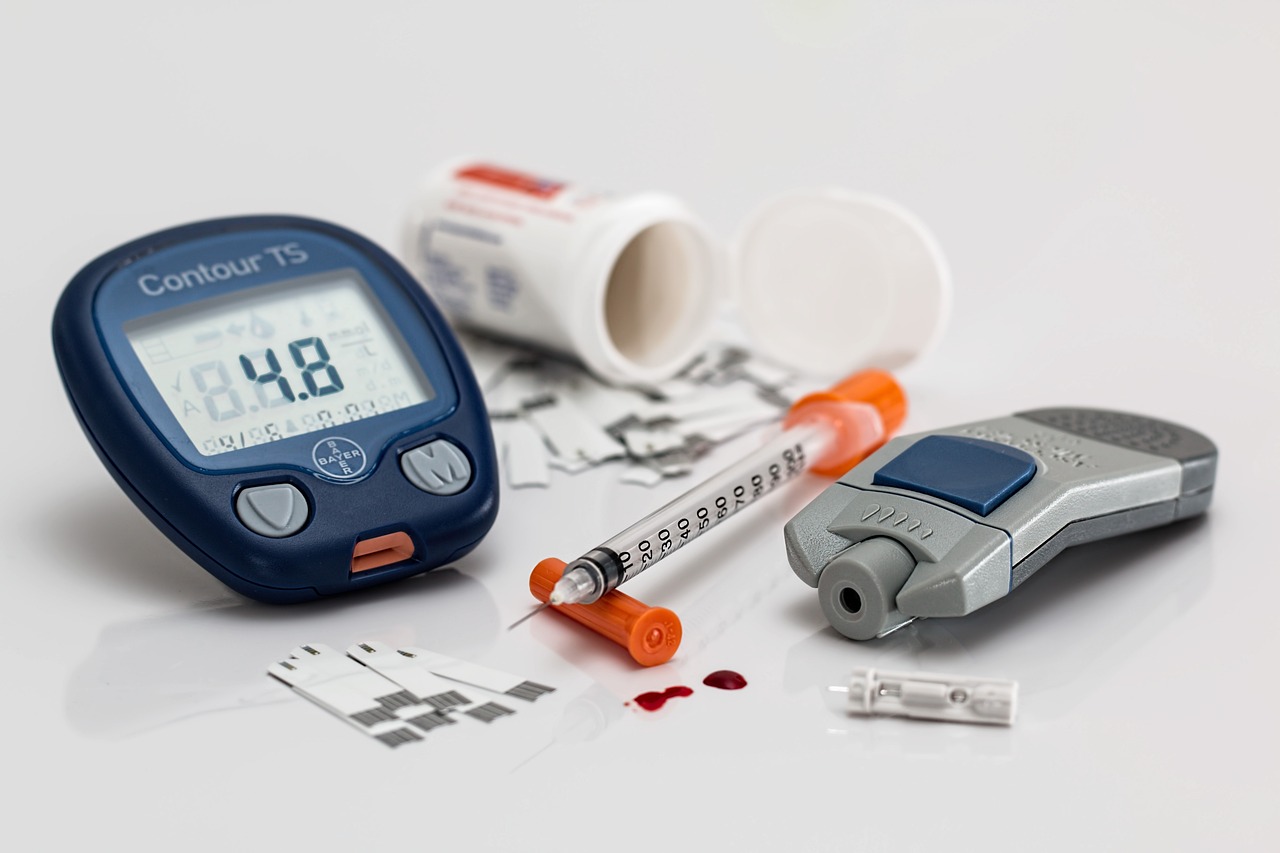25+ Projects Across Liberia
Type 1 Diabetes for Beginners
Newly diagnosed with Type 1 Diabetes (T1D)? We got the information you need to understand and manage the disease so you can stay strong and healthy until we find a cure.
What We Do
Living With Type 2 Diabetes
Changes can be challenging. But it doesn’t have to be a drag-healthy living can be an empowering transition. United Hands International is here to support your journey as you learn to live well with Type 2 Diabetes, and along with diet and exercise, achieve your A1C goals.
Education
Health care
Come join us
We need to reshape our own perception of how we view ourselves. We have to step up as human and take the lead. If we can help somebody, then our living shall not be in vain.
Events
We organize inclusive events for Diabetes awareness for Children, for Teens and adults.
Our impact
Influencing the way people, organisations, and movements think and act.
Frequently Asked Questions
Type 2 diabetes develops when the body can’t process or produce enough insulin to maintain normal blood sugar levels.
Type 2 diabetes is a chronic condition, but it can be managed with diet, exercise, and medication. Talk with your healthcare provider about how to address your specific needs.
Type 2 diabetes can develop slowly, and sometimes symptoms can go unnoticed. Some common symptoms are:
* Increased thirst
* Frequent urination
* Increased hunger
* Unintended weight loss
* Fatigue
* Blurred vision
* Slow-healing sores
* Frequent infections
* Areas of darkened skin, usually in the armpits and neck
* Increased thirst
* Frequent urination
* Increased hunger
* Unintended weight loss
* Fatigue
* Blurred vision
* Slow-healing sores
* Frequent infections
* Areas of darkened skin, usually in the armpits and neck
There are a number of factors, but common factors include:
* History of High Blood Sugar, pre-diabetes, and or diabetes during pregnancy
* Overweight and obesity
* Physical inactivity
* Genetics
Learn more about Type 2 diabetes risk factors here.
* History of High Blood Sugar, pre-diabetes, and or diabetes during pregnancy
* Overweight and obesity
* Physical inactivity
* Genetics
Learn more about Type 2 diabetes risk factors here.
For people with Type 2 diabetes, drinking alcohol can decrease blood sugar levels, so it’s advisable to drink in moderation. Be sure to talk to your healthcare provider about your alcohol intake to find out what’s safe for you.








